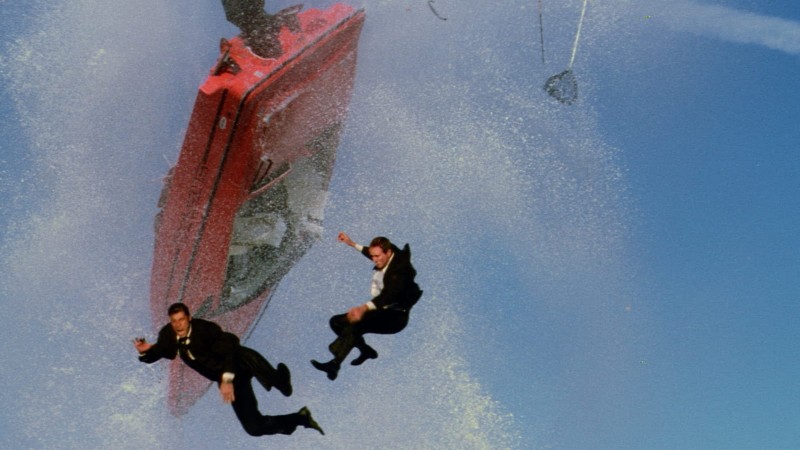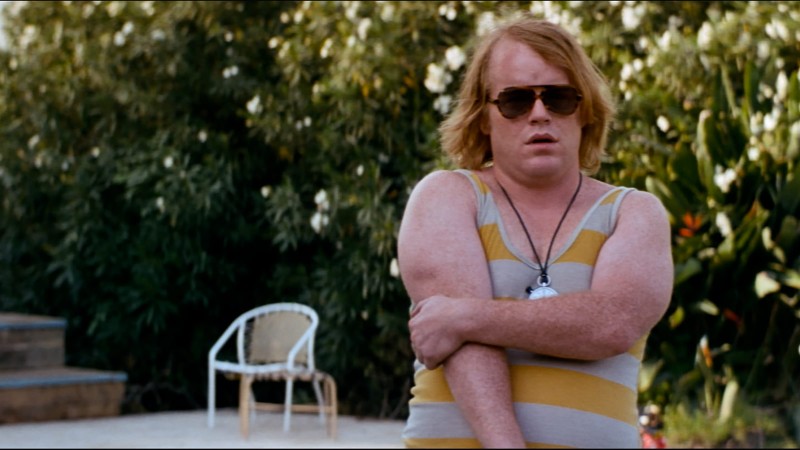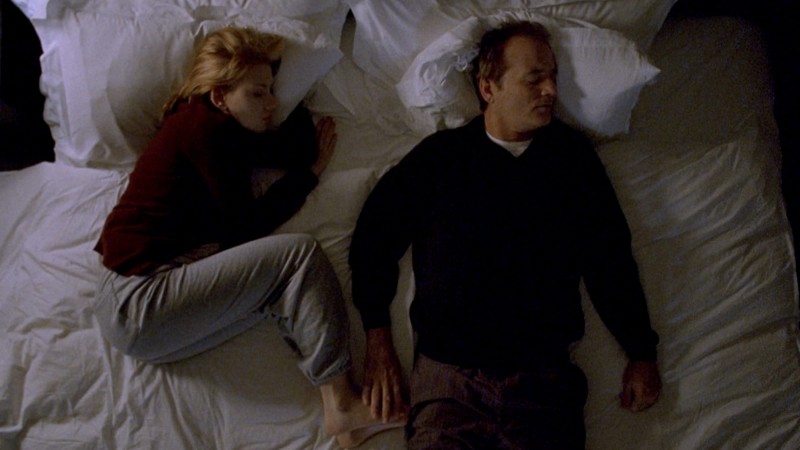John Schlesinger’s Cinema of Failures and Outcasts
In the early sixties, John Schlesinger made a name for himself as part of the British New Wave, as the energetic, gritty realism of his first few features—A Kind of Loving, Billy Liar, and Darling (for which Julie Christie won an Oscar)—helped define that movement’s rabble-rousing spirit. By the turn of the seventies, he’d already begun his long career in Hollywood, where sensitive, memorably acted portrayals of society’s outsiders like X-rated best picture winner Midnight Cowboy and the bisexual romance Sunday Bloody Sunday soon made him one of the leading lights of the New American Cinema. A sweeping overview of Schlesinger’s groundbreaking, deeply humane, and always eclectic body of work, our eight-film tribute now on the Criterion Channel includes all of the aforementioned films; the taut-as-a-wire 1976 thriller Marathon Man, which pits Dustin Hoffman against an unforgettably sinister Laurence Olivier; and an introduction by the director’s nephew, cultural critic Ian Buruma. In the clip above, Buruma discusses his uncle’s identity as a gay man who first came to prominence at a time when homosexuality was still against the law in Britain, and characterizes the comically compassionate yet decidedly unsentimental view of the human condition that distinguishes his films.






